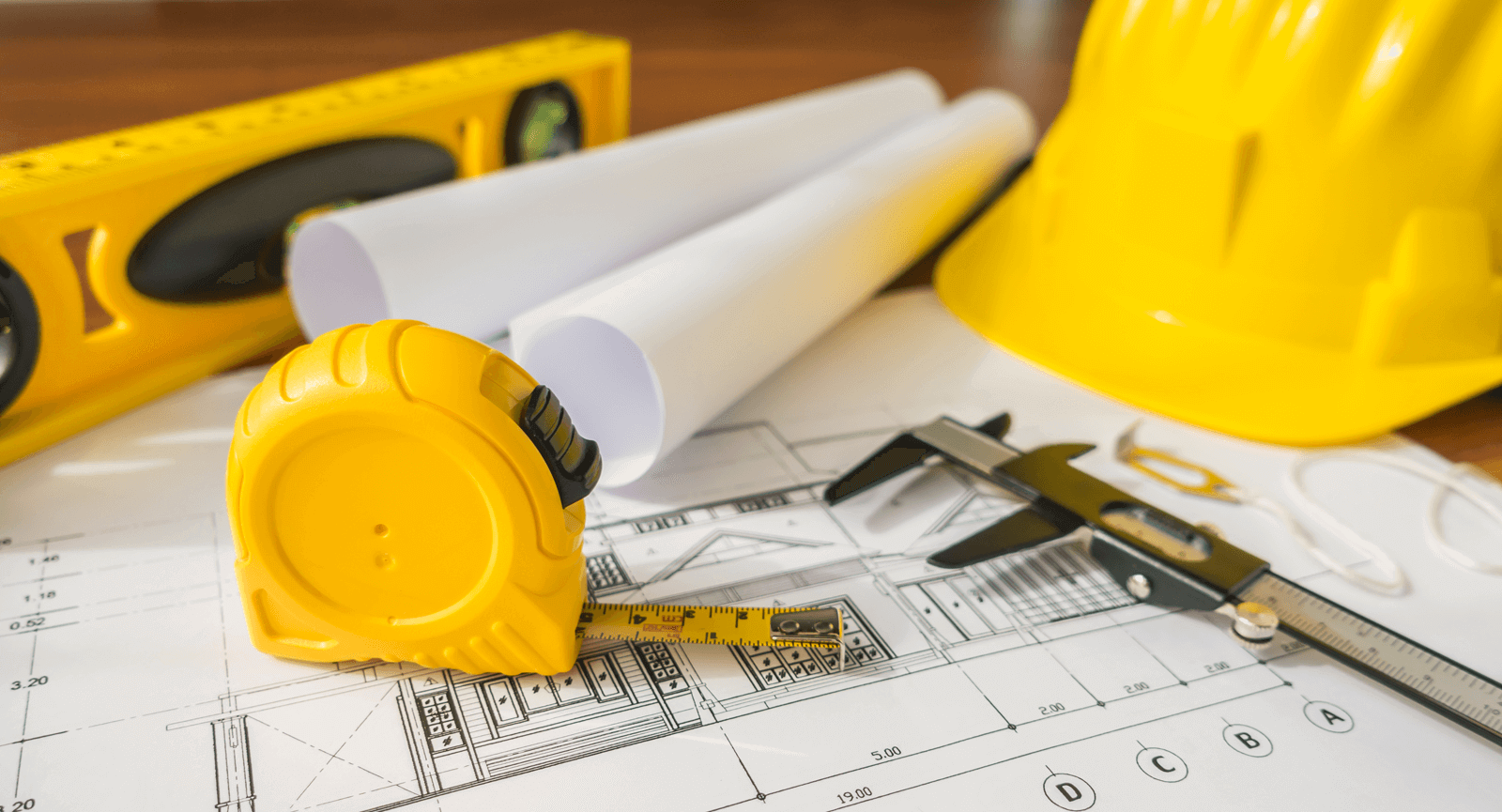Artificial Intelligence (AI) is revolutionizing many industries, and the construction sector is no exception. Traditionally, construction has been seen as a labor-intensive field, heavily reliant on manual processes and human expertise. However, with the advent of AI, the industry is experiencing a transformative shift, leading to enhanced efficiency, safety, and innovation.
One of the most significant impacts of AI in construction is in the area of project planning and management. AI algorithms can analyze vast amounts of data from past projects, allowing for more accurate predictions and planning. These algorithms can consider various factors such as weather conditions, supply chain logistics, and labor availability to optimize project schedules. This predictive capability helps in mitigating delays and cost overruns, which are common challenges in the construction industry.
AI-powered tools are also enhancing design processes. Building Information Modeling (BIM) combined with AI can create highly detailed and accurate 3D models of construction projects. These models can simulate different scenarios and identify potential issues before construction begins. This preemptive problem-solving approach reduces errors and rework, saving both time and money.
Safety is another critical area where AI is making a substantial impact. Construction sites are inherently dangerous, with numerous hazards that can lead to accidents and injuries. AI technologies, such as computer vision and machine learning, can monitor construction sites in real-time, identifying potential safety risks and alerting workers and supervisors. For example, AI systems can detect when workers are not wearing proper safety gear or when machinery is operating unsafely, ensuring a safer working environment.
In addition to safety, AI is also improving the quality of construction work. Drones equipped with AI can perform site inspections more efficiently and accurately than human inspectors. These drones can capture high-resolution images and videos of construction sites, which AI algorithms can analyze to detect defects or deviations from the design specifications. This level of quality control ensures that the final construction meets the highest standards.
AI is also transforming the supply chain and logistics within the construction industry. AI-driven systems can optimize the procurement of materials, predicting demand and reducing waste. These systems can track the delivery of materials and equipment, ensuring they arrive at the right place and time, which is crucial for maintaining the construction schedule. This optimization leads to cost savings and minimizes delays caused by material shortages.
Moreover, AI is enabling the development of autonomous construction equipment. These machines, such as excavators and bulldozers, can operate with minimal human intervention, performing tasks more efficiently and accurately. Autonomous equipment can work continuously without fatigue, increasing productivity and reducing the risk of accidents caused by human error.
The integration of AI in construction is also fostering innovation in building techniques and materials. AI can analyze the performance of different materials and construction methods, suggesting the most effective combinations for specific projects. This data-driven approach leads to the development of more sustainable and resilient buildings, addressing the growing demand for environmentally friendly construction practices.
Despite the numerous benefits, the adoption of AI in construction is not without challenges. The industry needs to address issues such as data privacy, cybersecurity, and the potential displacement of workers due to automation. There is also a need for significant investment in AI infrastructure and training to fully realize its potential.

Improve your Construction Growth:
AI is playing a pivotal role in transforming the construction industry. From project planning and design to safety and quality control, AI technologies are enhancing every aspect of construction. While there are challenges to overcome, the benefits of AI integration are undeniable, promising a future where construction projects are completed more efficiently, safely, and sustainably. As AI continues to evolve, its impact on the construction industry is set to grow, ushering in a new era of innovation and productivity.


hello